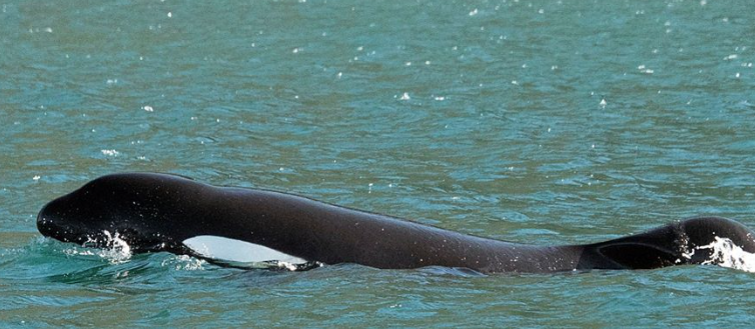Great white sharks are one of the world’s top predators and they can be found right here in the Western Cape’s waters. Dyer Island near Gansbaai is often considered the white shark capital of the world. This magnificent fish, however, has experienced a noted and gradual population decline in False Bay and Gansbaai over the years.
A study into the white shark population in False Bay found that between 2015 and 2018, there was a noted decline in the abundance of these animals and the attack rate on cape seals, their major prey, also declined. There were even prolonged periods of complete white shark absence from Seal Island during this time.
The study also notes that these periods of disappearance coincided with the unprecedented appearance of sevengill sharks, another apex predator in False Bay.
So what is causing this decline in the white shark population? At this point, it’s not yet entirely certain.
A prominent theory is the recent appearance of a pod of orcas, also known as killer whales, in Gansbaai and False Bay. Orcas are known to hunt great whites, eating only their liver and leaving the rest of the carcass as is.
Port and Starboard have become infamous residents in these waters. These males are estimated to be about 20 years old and frequent South Africa’s water every year during their migration from the Antarctic waters between June and December. They have been spotted 41 times between False Bay and Gansbaai since they first appeared in 2015.
In fact, a 2020 report by the Shark Expert Panel appointed by Minister Barbara Creecy concluded that the disappearance of great white sharks was “more likely a shift in distribution from west to east as a result of recent Orca occurrence and predation, rather than being related to the fishing activity of the demersal shark longline fishery.”
Marine biologist Dr says that there is not enough data to fully support whether this disappearance is the result of the species being preyed on, migration or population crash.
In 2009, Andreotti worked alongside world-renowned conservationist Michael Rutzen to count the white shark population in Dyer Island. In three years, they captured over 5000 photographs of the species from which they identified 426 individual white sharks.
After recapturing and analysing samples, they were unable to find new sharks to photograph once they had identified 400 shark individuals. Their results showed that most of the sharks visiting the area were already in the database, meaning the population estimate at that time would likely be around 353 and 522 individuals, which was 52% less than previous mark-recapture studies.
“If they are still alive and moved to Mossel Bay and Plett, we should see hundreds of sharks at the time in the last three years,” says Andreotti.
According to their three peer-reviewed studies, the white shark population in South Africa has a low genetic diversity that can hamper their reproduction capability and long-term survival.
How will this disappearance affect the ecosystem:
“Sharks species have been living on our planet for millions of years, surviving multiple mass extinctions. Some species of sharks have been caught for centuries as a source of protein, but the increased technology of the modern fishing industry resulted in a catch effort way above the recovery capability of these long-living animals,” says Andreotti.
“Slow to reproduce, and only giving birth to few pups, large sharks cannot cope with the continuous and relentless decimation of their numbers.”
She continues: “White sharks are top predators, making them particularly vulnerable to exploitation. The depletion of their food resources, the legalized cull from KwaZulu-Natal shark board, the increased pollutant in the water, bycatch by fishing vessels and poaching are all serious causes of shark mortality that humans are responsible for.”
Despite being the first country in the world to legally protect white sharks back in 1991, the disappearance of these species proves more needs to be done. Andreotti suggests implementing video cameras on all fishing vessels to monitor bycatch and removing the fishing gear (shark nets and drumlines) in KwaZulu-Natal could help.
She also says there is a need to more strictly regulate the fishing of smaller species of sharks, enforce existing anti-poaching law and address ocean pollution.
Picture: Dave Hurwitz

